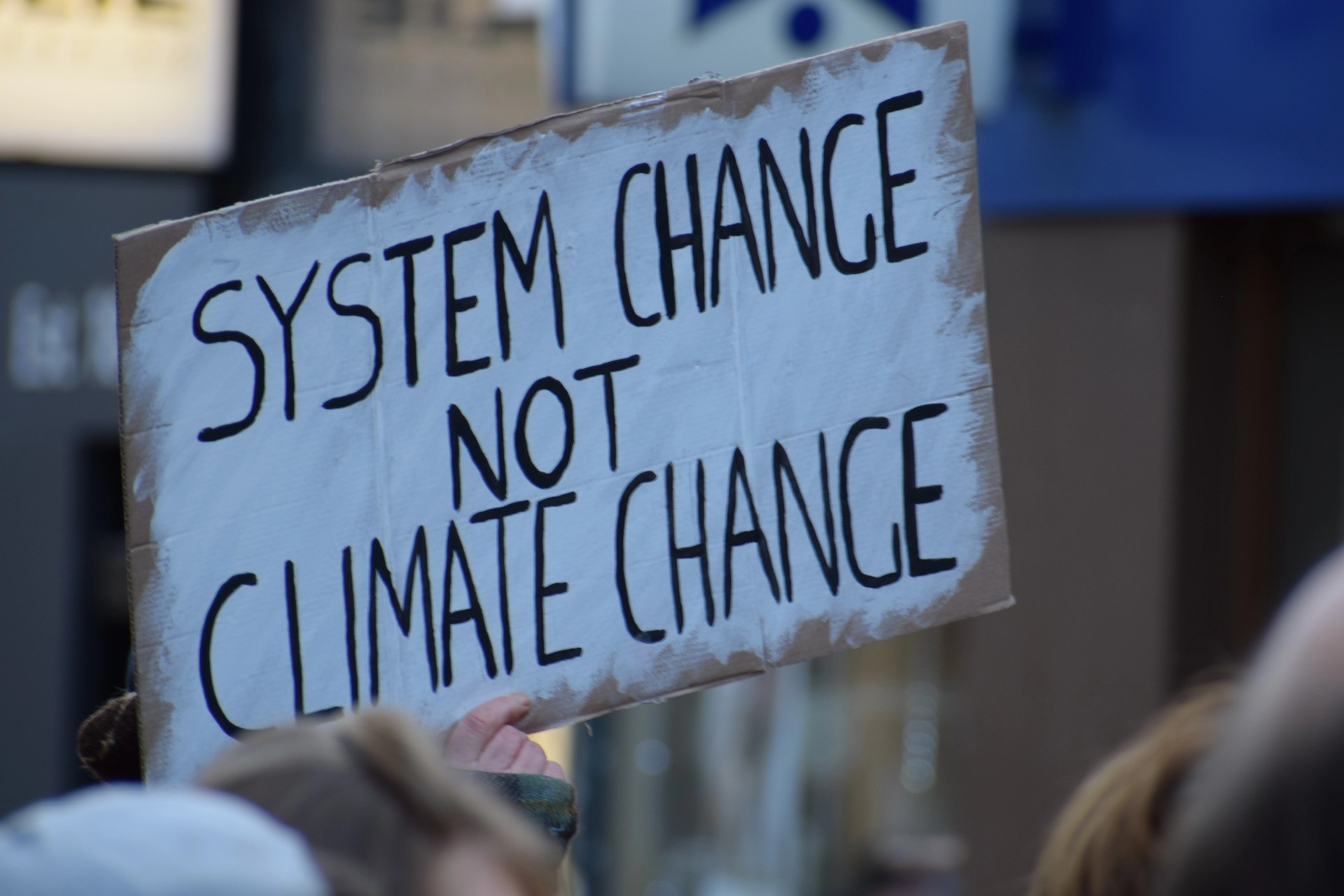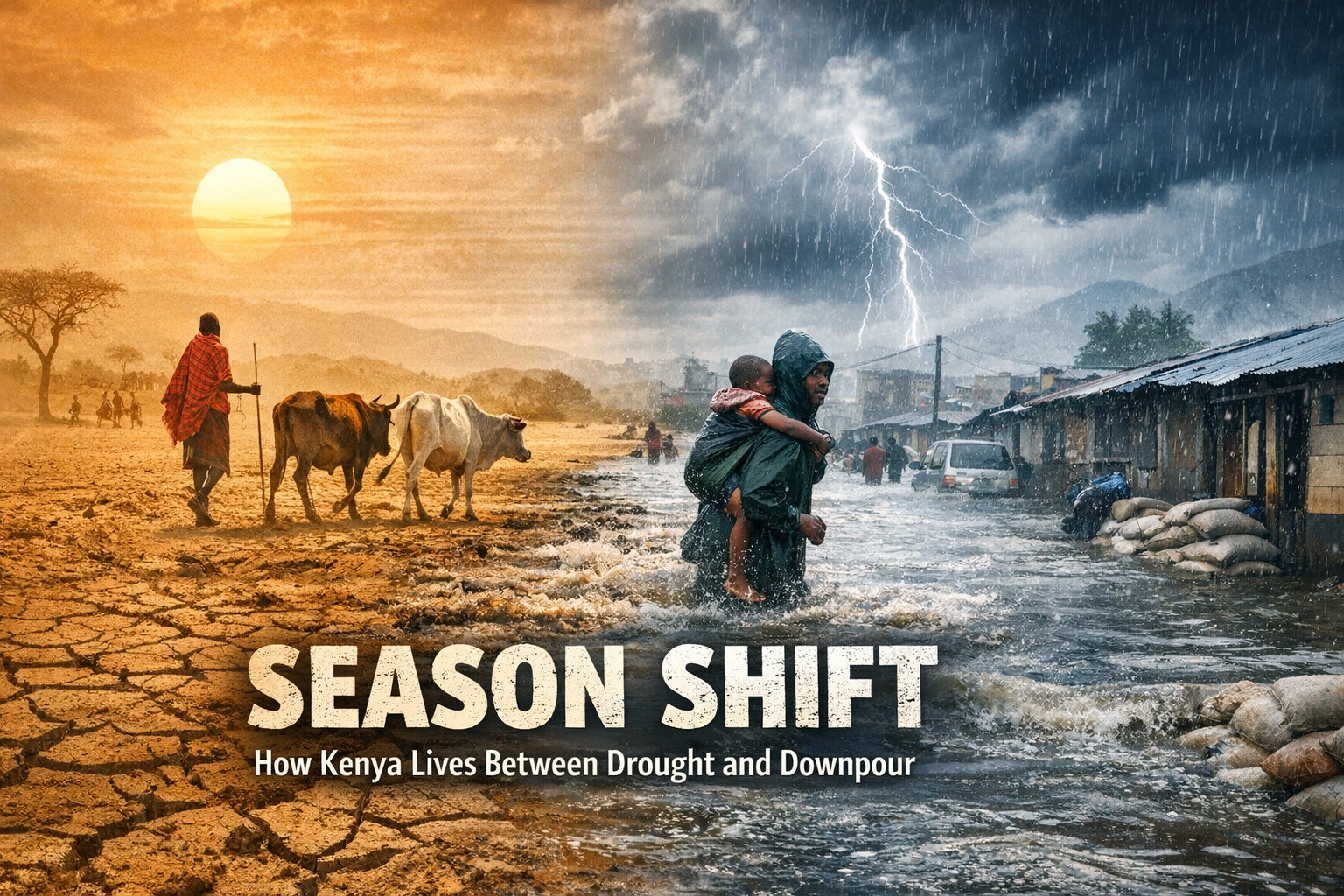- It is increasingly evident that to change the narrative surrounding climate change, we must address the underlying system that drives human behaviour.
Climate change has been a topic of discussion for a significant period, with widespread conversations occurring in mainstream media and various platforms.
It is increasingly evident that to change the narrative surrounding climate change, we must address the underlying system that drives human behaviour.
Human activity, including deforestation, pollution, and more, is the primary factor contributing to climate change.
According to the United Nations, several fundamental human activities causes climate change:
1. Generating power
Read More
Burning fossil fuels to generate electricity and heat is a significant source of global emissions. Shifting towards sustainable energy options like the utilization of wind and solar power has the potential to substantially decrease greenhouse gas emissions.
2. Manufacturing goods
The manufacturing industry, responsible for producing items like cement, iron, steel, electronics, and plastics, contributes to emissions by burning fossil fuels and industrial processes. Shifting towards sustainable manufacturing practices is crucial in reducing greenhouse gas emissions.
3. Cutting down forests
Deforestation for agricultural purposes or other reasons releases carbon stored in trees, limiting nature's ability to absorb emissions. Addressing deforestation while promoting sustainable land use practices are essential in combating climate change.
4. Using transportation
The transportation sector, particularly road vehicles, contributes significantly to greenhouse gas emissions through the combustion of fossil fuels. Encouraging alternatives such as walking, biking, public transport, and electric cars can significantly reduce emissions.
5. Producing food
Food production contributes to emissions through deforestation, land clearing, livestock digestion, fertilizer use, and energy consumption. Shifting towards sustainable farming practices, reducing food waste, and adopting plant-based diets can mitigate the environmental impact of food production.
6. Powering buildings
Residential and commercial buildings consume a substantial amount of electricity, primarily sourced from coal, oil, and natural gas. Enhancing energy efficiency while transitioning to sustainable and renewable energy sources and adopting sustainable building practices are vital in reducing emissions from buildings.
7. Consuming too much
Individual consumption patterns, including energy use, transportation choices, food consumption, and purchasing habits, contribute to greenhouse gas emissions. Adopting energy-saving measures, reducing waste, and making sustainable choices in daily life can significantly reduce personal carbon footprints.
To change the narrative surrounding climate change, each individual must take action.
Here are some ways to make a difference:
- Save energy at home by using energy-efficient appliances and LED light bulbs and reducing heating and cooling usage.
- Consider switching your home's energy source to renewable sources like wind or solar.
- Choose to engage in walking, cycling, or utilizing public transportation as alternative modes of transportation.
- Transition to electric vehicles or hybrid cars to reduce emissions from transportation.
- Reduce, reuse, repair, and recycle to minimize waste and the environmental impact of consumer goods.
- Shift towards a plant-based diet or reduce meat and dairy consumption to lower the carbon footprint of food production.
- Minimize food waste by purchasing only what is needed and composting leftovers.
- Plant native species in gardens to support biodiversity.
- Properly dispose of waste and participate in local clean-up initiatives.
- Invest in environmentally sustainable businesses and advocate for responsible practices.
- Speak up and encourage others to take action, engaging in conversations with family, friends, and community members and urging businesses and leaders to prioritize climate action.
Addressing climate change requires collective effort and systemic change. By implementing these actions and working together, we can significantly impact combating climate change and protecting our planet for future generations.







